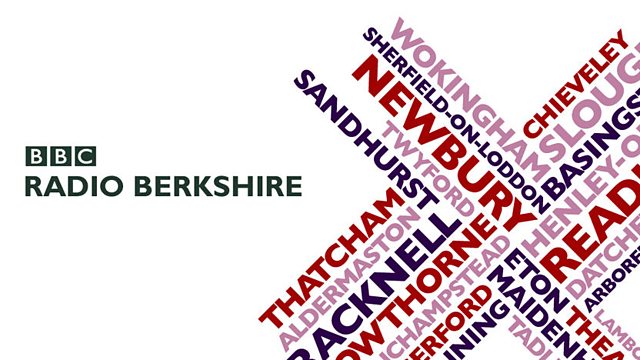Our founder, Laura Kriefman was interviewed about Star Light, Star Bright on BBC Radio Berkshire and BBC Radio Oxford on Sunday 28 January.
Sunday morning show host, Bill Buckley asked the questions wanting to know more about the process behind the Smart Oxford Playable City Commission, the background to Star Light, Star Bright and the origins of Hellion Trace.
Architectural Choreography
When asked about the work at Hellion Trace and her role as an Architectural Choreographer, Laura commented: “We do a lot of work which is about exploring how we could encourage people to spend time in different places and cities. [My] title of Architectural Choreographer is a way of embracing that challenge of looking at how we can use our built environment to create the opportunity for us to move and to explore and just be more present in our bodies.”
Bill asked what led to her involvement with the Smart Oxford Playable City Commission, and what her thinking was behind Star Light, Star Bright.
“I’d been involved with the Playable City movement for quite a few years which is this brilliant idea about how can we use our infrastructure and our technology in cities to create serendipity and opportunity for us to have connections.
“I’d been involved with the Playable City movement for quite a few years which is this brilliant idea about how can we use our infrastructure and our technology in cities to create serendipity and opportunity for us to have connections.
“And when I saw the call for the Smart Oxford Playable City Commission, there was something in it that really enticed me. The element of creating for something in the winter in the UK, when it’s so dark. It’s dark until 8 am and its dark from 4.30 pm, and when we’re at our least willing to be out on the streets […] you’re bundled up warm and all you want to do is go back to the fire to hibernate. So there is something really intoxicating in that proposition. And also for Oxford, as a city which is an incredible city but its a very complicated city. You know, you’ve got these incredible bastions of knowledge with the universities but you’ve also got some very deprived neighbourhoods and trying to look at ways of creating something that was democratic and accessible to all so you didn’t need a device, you didn’t even need a phone. It’s there to be encountered by anyone.”
The full interview can be heard on BBC Radio Berkshire, starting at 02:35:01
